Tag: terms
-
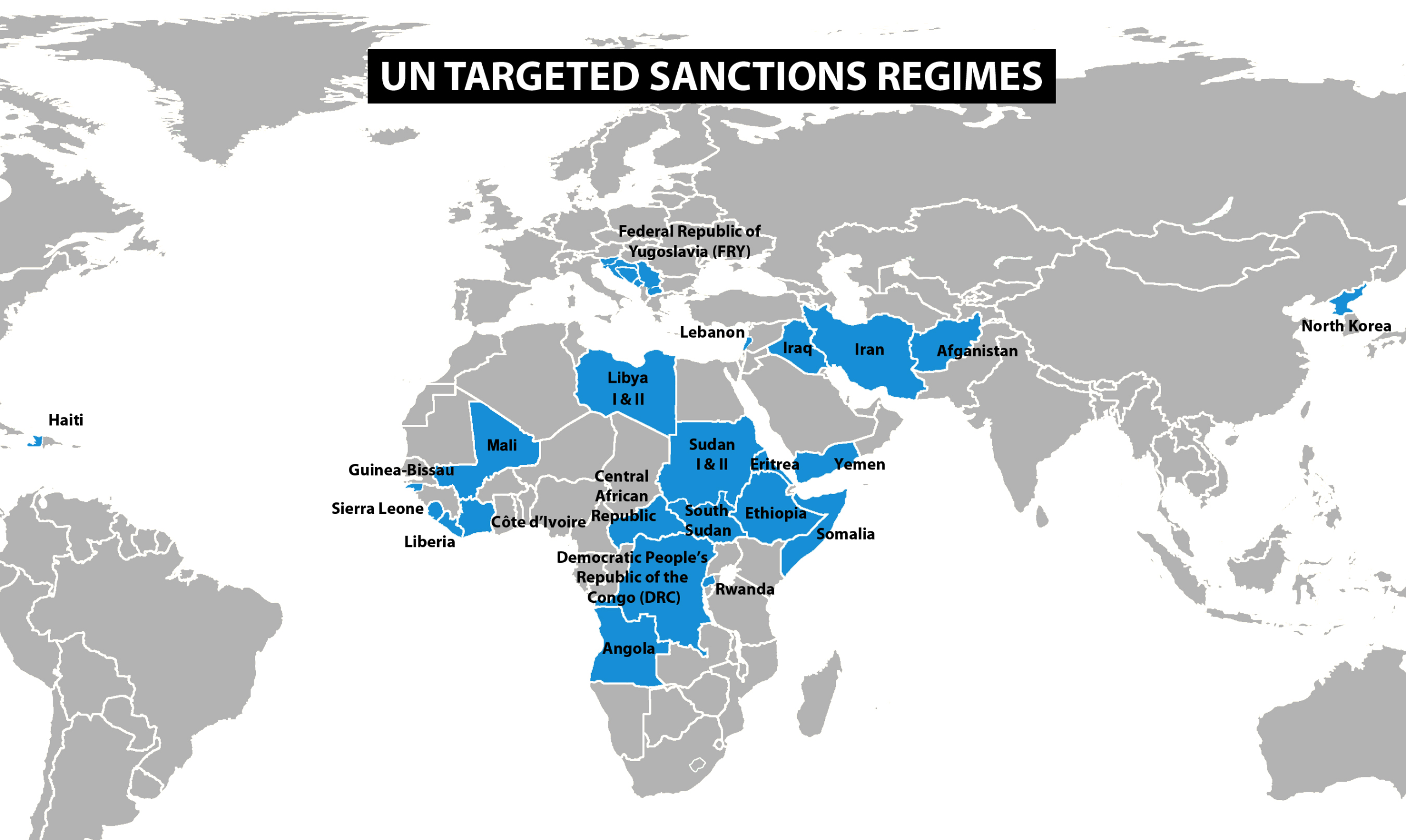
Day 248: Smart Sanctions
#QuickbiteCompliance day 248 🎯 Bullseye Sanctions: Hitting Bad Guys Without Hurting Innocents Imagine trying to stop a school bully by grounding the whole class. That’s what old-school sanctions did—punished entire countries. “Smart sanctions” (or targeted sanctions) are like a laser beam: ➡️ Freeze only the bully’s lunch money (asset freezes). ➡️ Ban only the bully…
-

Day 246: Shell Company
#QuickbiteCompliance day 246 Unmasking the Magic Trick of Dirty Money: Shell Companies Explained! ✨ Imagine a magician making a coin disappear—but instead of a coin, it’s illegal cash! 🪙💸 That’s what criminals do with shell companies: businesses that look real but are empty “shells” (no office, no employees, no real work!). They’re legal but can…
-

Day 245: Shell Bank
#QuickbiteCompliance day 245 🚨 The Invisible Bank Heist: How “Ghost Banks” Fuel Global Crime 🚨 Imagine a bank with no building, no tellers, and no ATMs—just a name on paper. That’s a #ShellBank: a ghost institution hiding in plain sight, often in offshore havens with lax rules. While legitimate banks have branches, these “paper-only” entities…
-

Day 244: Shelf Company
#QuickbiteCompliance day 244 🚀 Shelf Companies: The “Instant Business” That Can Hide Big Problems! You know how some people buy pre-made cakes at the bakery? Well, shelf companies are like pre-made businesses! They’re created months or years in advance (often by law firms), then sit “on the shelf” until sold. Buyers get a “clean” business…
-
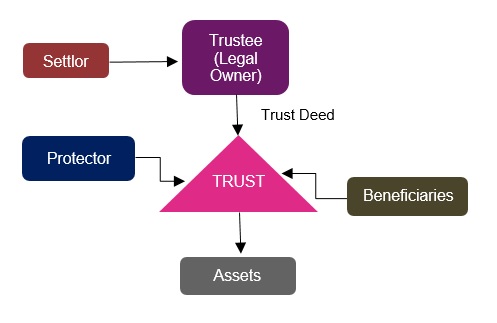
Day 242: Settlors
#QuickbiteCompliance day 242 ### 🏦 Trusts: The Treasure Chests with a Secret Map… and How Pirates Hijack Them! Imagine giving your treasure chest to a trusted friend (a “trustee”) with instructions to share it wisely. You might add a wish list (a “letter of wishes”) suggesting who gets what—like “save some for Timmy’s college fund!”…
-

Day 239: Seized
#QuickbiteCompliance day 239 🚨 The Candy Bar Heist: How Cops “Seize” Bad Guys’ Loot! Imagine your principal catches a kid stealing candy bars. Instead of just freezing the candy (saying, “Don’t eat it yet!”), she SEIZES it—grabbing the bars and locking them in her desk. The candy still belongs to the kid, but now the…
-

Day 237: Sectoral Sanctions
#QuickbiteCompliance day 237 🚀 Sectoral Sanctions: A Smarter Way to Stop Financial Crime? Did you know there’s a type of financial restriction that doesn’t just block one person or one company—but an entire sector of a country’s economy? It’s called #SectoralSanctions, and it’s like putting a “Do Not Enter” sign on certain money moves with…
-
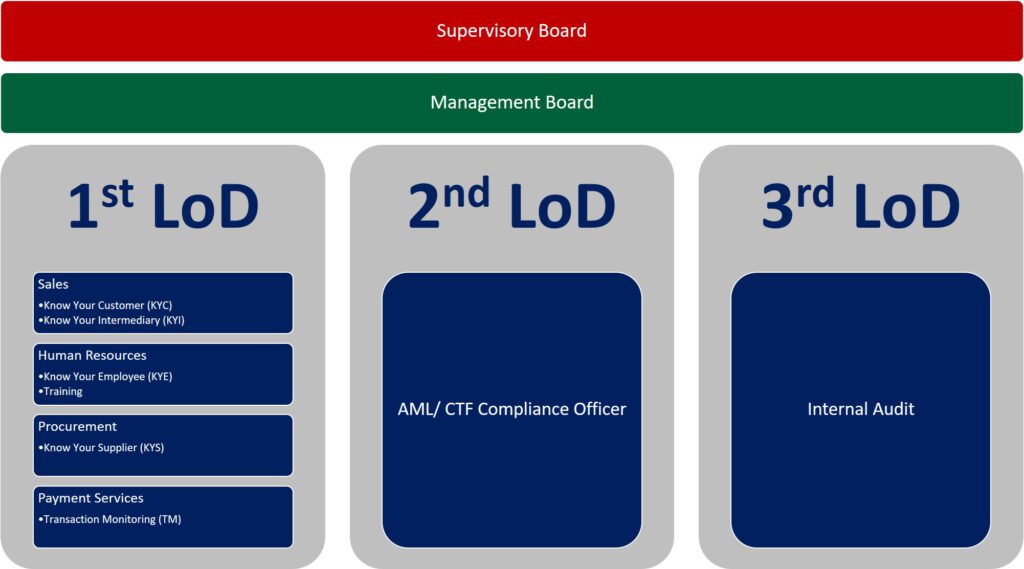
Day 236: Second Line of Defense
#QuickbiteCompliance day 236 🚀 The Silent Guardians: How Your Second Line of Defense Stops Financial Criminals You know superheroes who work behind the scenes? In banks and companies, the Second Line of Defense (2LOD) is exactly that! They’re the unsung heroes—like Compliance Officers, HR, and Tech teams—who build shields against bad guys trying to move…
-
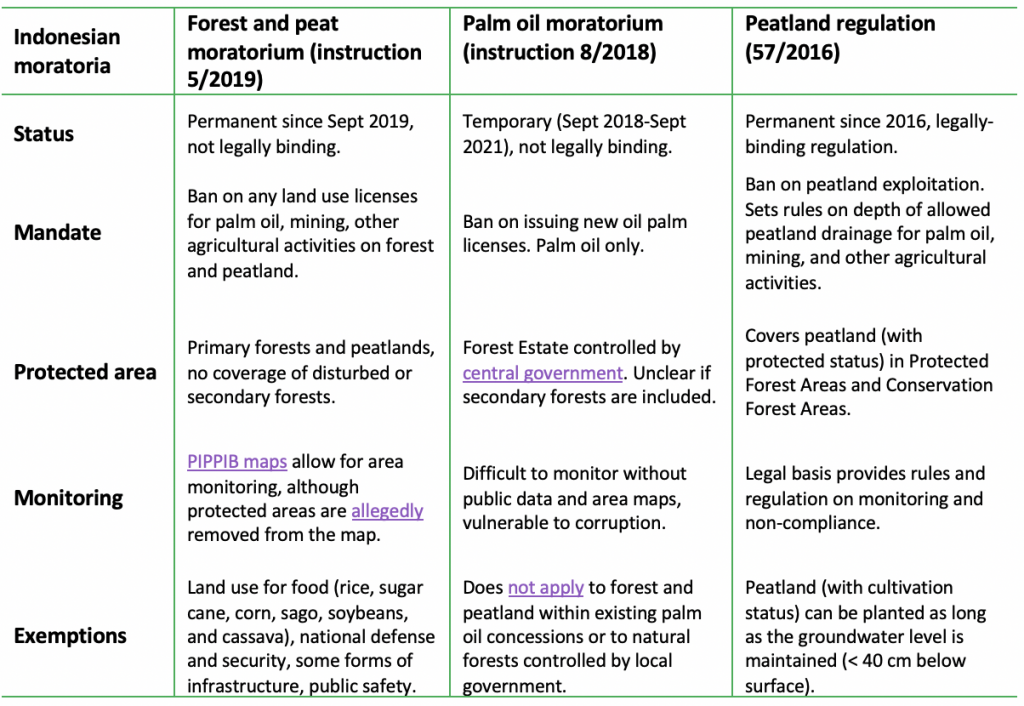
Day 234: Scope of Permitted Activities
#QuickbiteCompliance day 234 🚦 Sanctions: What You CAN Do vs. What Needs a Pass (License)! Ever played a game where some moves are free, but others need special permission? Sanctions work the same way! Let’s break down: — ### ⚖️ The Rules 1. ✅ Permitted Without License: – Humanitarian Aid: Sending food, medicine, or vaccines…
-
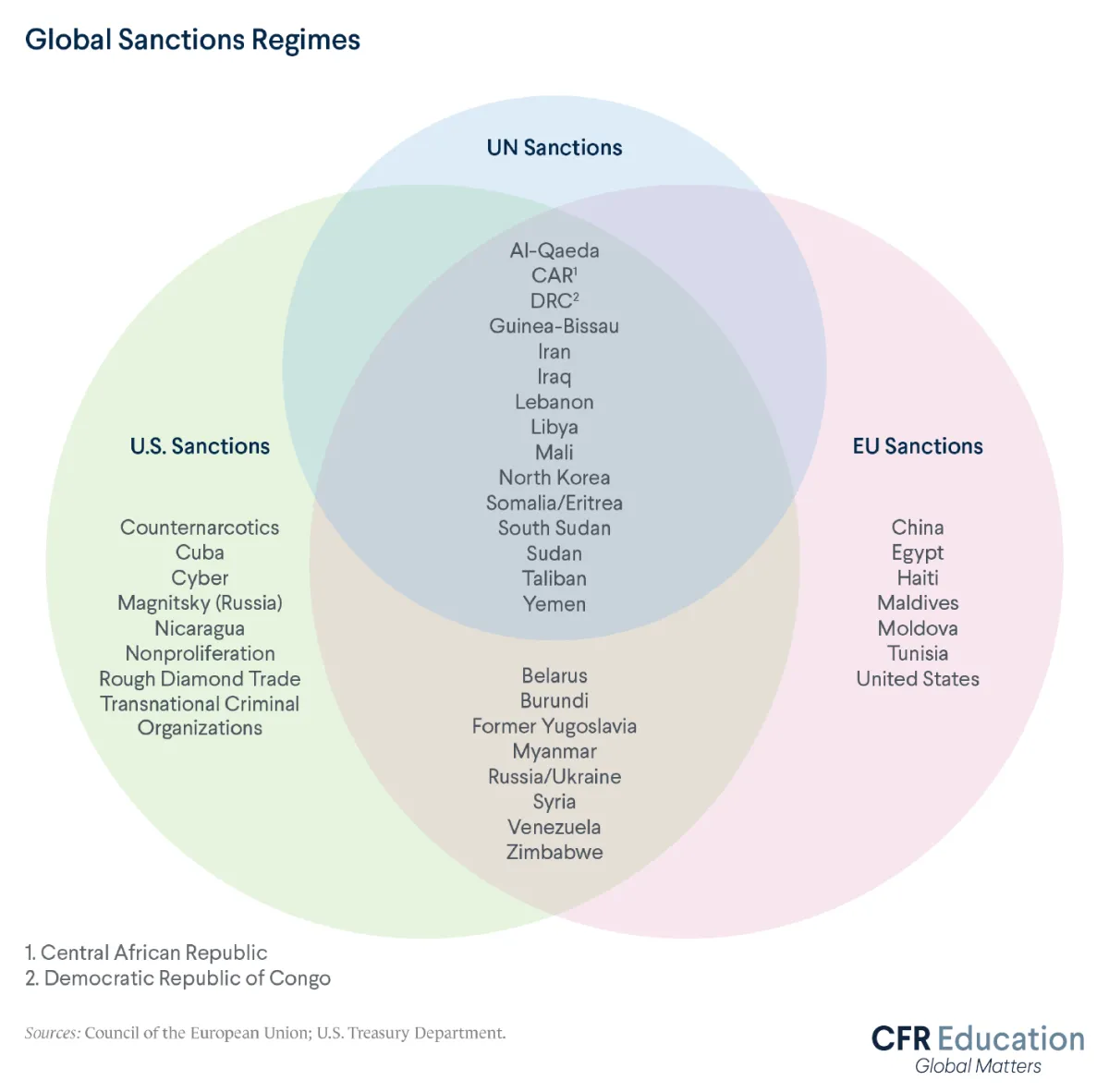
Day 232: Sanctions Regime
#QuickbiteCompliance day 232 🚨 How “Sanctions Regimes” Stop Bad Guys (And How They Try to Cheat) 🚨 Did you know countries have special rules called “sanctions regimes” to stop criminals, terrorists, and dangerous governments from using money for harm? These rules freeze bad guys’ funds, ban trade with them, and cut off their access to…
